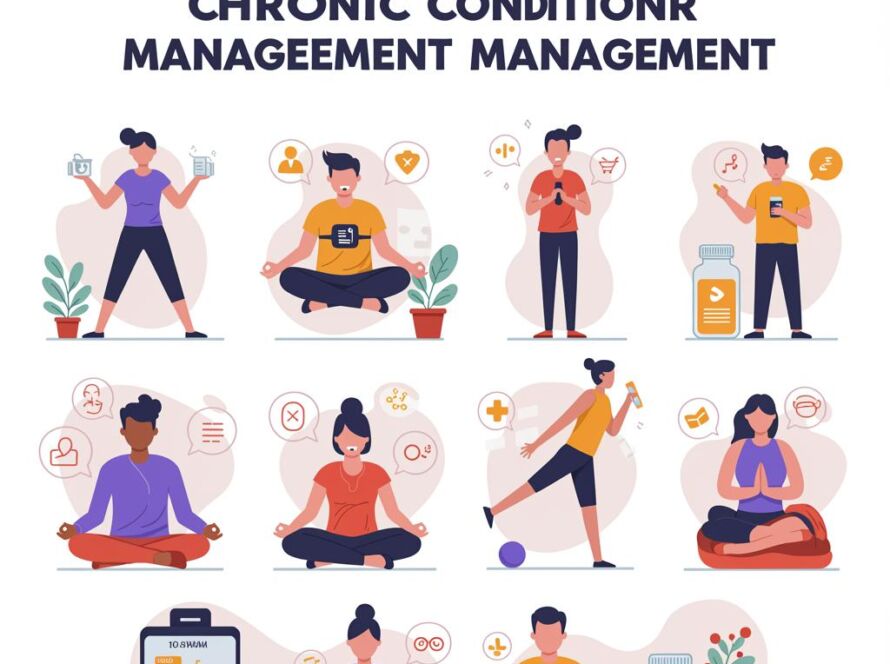Boost Your Credit Score: Top Tips & Tricks
Credit Score Improvement Tips: A Comprehensive Guide
Your credit score plays a crucial role in your financial life. It influences your ability to secure loans, rent an apartment, and even land certain jobs. A higher score translates to better interest rates, saving you money in the long run. This guide provides actionable steps to help you understand and improve your credit score.
Understanding Your Credit Score
Before embarking on the improvement journey, it’s essential to grasp what factors constitute your credit score. Credit bureaus use complex algorithms, but the primary components include:
- Payment History: This is the most significant factor, accounting for about 35% of your score. Paying your bills on time, every time, is crucial.
- Amounts Owed: Also known as credit utilization, this refers to the percentage of available credit you’re currently using. Keeping your utilization below 30% is generally recommended.
- Length of Credit History: A longer credit history demonstrates responsible credit management. Keeping older accounts open, even if unused, can be beneficial.
- Credit Mix: Having a diverse mix of credit types (credit cards, installment loans, mortgages) can positively impact your score.
- New Credit: Opening several new accounts in a short period can be seen as a red flag and temporarily lower your score.
Actionable Steps to Improve Your Credit Score
1. Pay Your Bills On Time
This is the single most effective way to boost your score. Set up automatic payments or reminders to ensure you never miss a due date. Even one missed payment can significantly impact your credit history.
2. Reduce Your Credit Utilization
Aim to keep your credit card balances below 30% of your credit limit. Paying down existing debt aggressively is key. If possible, consider increasing your credit limit, which can lower your utilization ratio without requiring you to reduce your balance.
3. Check Your Credit Reports for Errors
Errors on your credit report can negatively affect your score. You’re entitled to a free credit report annually from each of the three major credit bureaus (Equifax, Experian, and TransUnion). Review these reports carefully and dispute any inaccuracies you find.
Maintaining a Healthy Credit Score
4. Limit New Credit Applications
Avoid applying for multiple credit accounts within a short timeframe. Each application results in a hard inquiry on your credit report, which can temporarily lower your score.
5. Keep Old Accounts Open
The length of your credit history is an important factor. Closing old accounts, even if you no longer use them, can shorten your credit history and potentially lower your score.
Seeking Professional Help
If you’re struggling to improve your credit score on your own, consider seeking professional guidance. A credit counselor can offer personalized advice and help you develop a plan to address your specific credit challenges. However, be cautious of credit repair companies that make unrealistic promises.
Conclusion
Improving your credit score is a marathon, not a sprint. It requires consistent effort and responsible financial management. By implementing these tips and staying committed to building good credit habits, you can pave the way for a healthier financial future. Remember to monitor your credit reports regularly and address any issues promptly. Improving your credit takes time and patience, but the rewards are well worth the effort.



